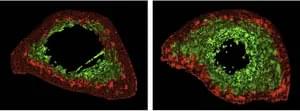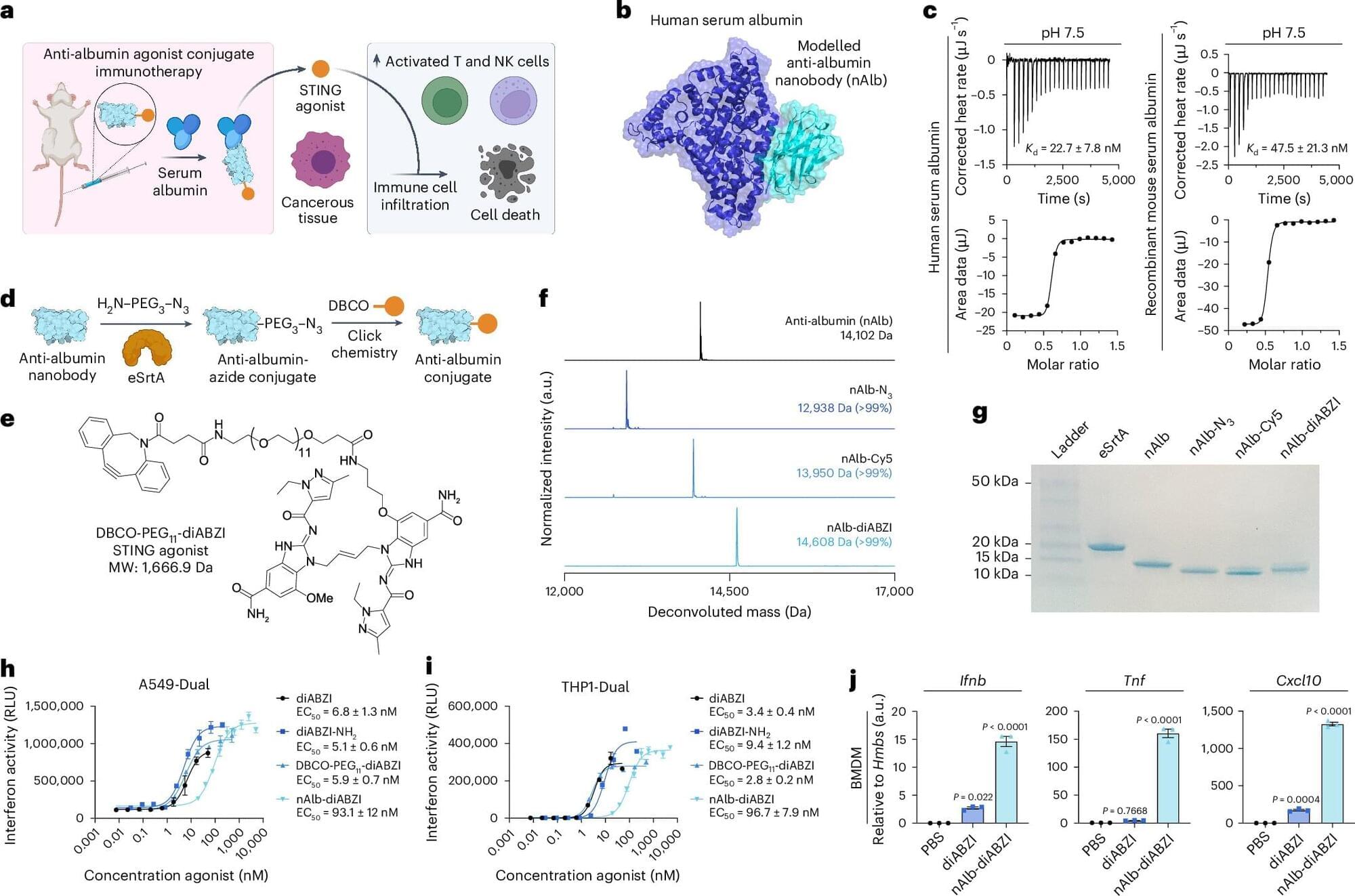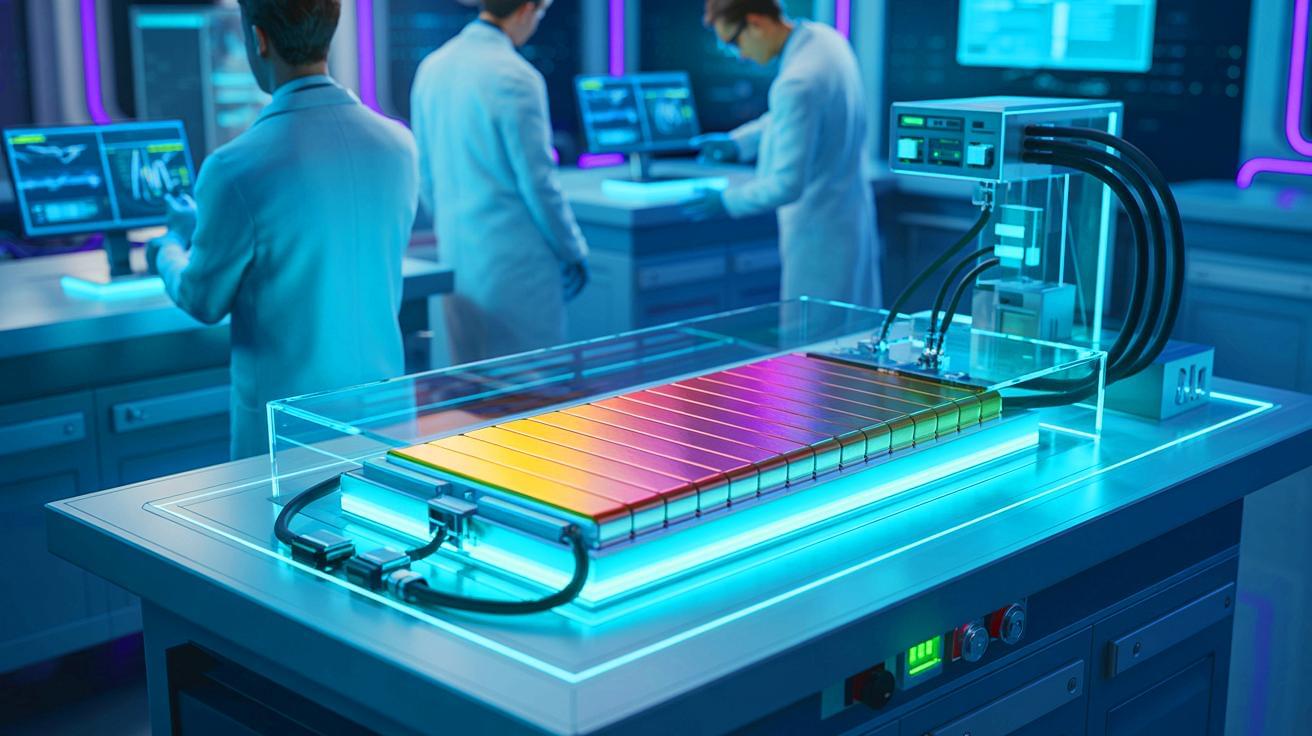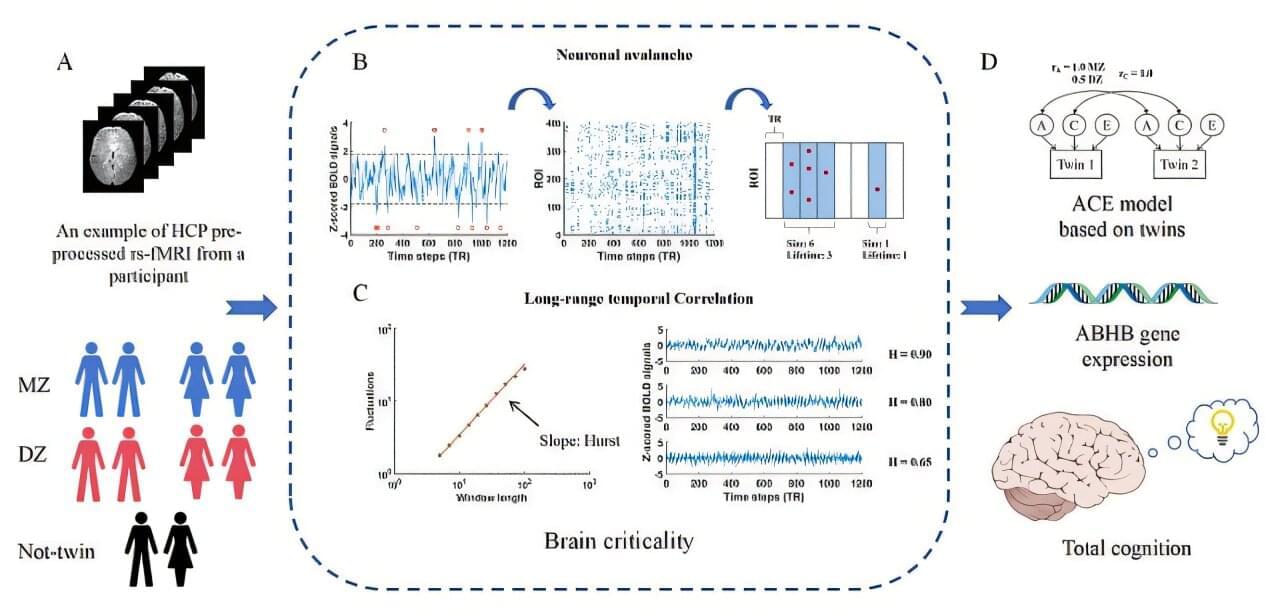Caffeine has long been associated with health benefits, including a reduced risk of age-related diseases. However, the specifics of how caffeine interacts with cellular mechanisms and nutrient and stress-responsive gene networks have remained elusive — until now.
In this pioneering research, published in the journal Microbial Cell, scientists used fission yeast, a single-celled organism with surprising similarities to human cells, to delve deeper into caffeine’s impact.
The researchers discovered that caffeine influences aging by engaging an ancient cellular energy system.
A few years ago, the same team found that caffeine prolongs cell life by acting on a growth regulator known as TOR (Target of Rapamycin). TOR is a molecular switch that regulates cell growth based on available food and energy and has been part of the evolutionary landscape for over 500 million years.
However, their latest study unveiled a surprising new finding: caffeine does not directly act on the TOR switch. Instead, it activates AMPK, a cellular fuel gauge that is conserved through evolution in both yeast and humans.
“When your cells are low on energy, AMPK kicks in to help them cope,” senior author Charalampos (Babis) Rallis, a reader in genetics, genomics and fundamental cell biology at Queen Mary University of London, said in a news release. “And our results show that caffeine helps flip that switch.”
Intriguingly, AMPK is also the target of metformin, a common diabetes medication currently under scrutiny for its potential to extend human lifespan when used alongside rapamycin.








